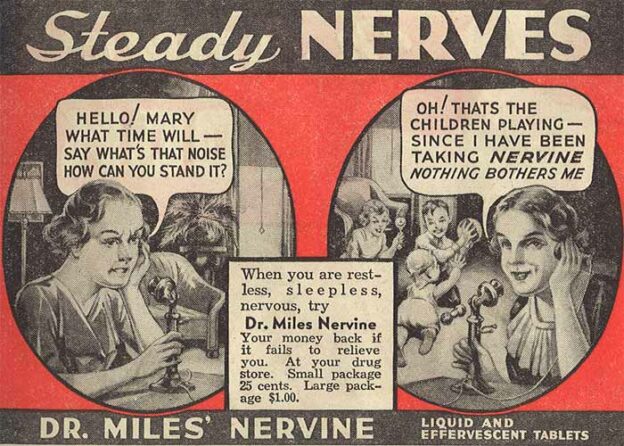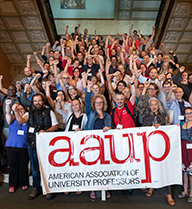The dogs in Egypt were still as they watched the Jewish people leave the land (Shemos, 11:7). The Midrash contends that, in keeping with the concept that “Hashem does not withhold reward from any creature,” dogs are the animals to whom treifos should be cast (ibid 22:30; see Rashi).
Another Midrash, however, notes a different“reward” for the canine silence: The fact that dogs’ dung will be used to cure animal skins that will become tefillin, mezuzos and sifrei Torah.
How intriguing that the lowly refuse of a lowly creature should be cast to play a part in the production of the most sublime and holy of objects. And that silence seems somehow key to the ability to sublimate the earthy into the hallowed.
Rabi Shimon ben Gamliel (Avos 1:17) states “I have found nothing better for the body than silence.” The phrase “for the body” (or “the physical”) seems jarring. Unless it, too, hints at precisely what the Midrash seems to be saying – that silence somehow holds the secret of how the physical can be transformed into the exalted.
We humans’ hope for creating holiness here on earth lies in our aptitude for language, our ability to clothe subtle and complex ideas in meaningful words. That is why when life is breathed by Hashem into the first man, the infusion is, in the words of the Targum Onkelos, a “speaking spirit” (Beraishis 2:7). The highest expression of human speech lies in our ability to recognize our Creator, and give voice to our recognition.
So isn’t it speech, not silence, that leads to holiness?
It is. But silence is in a way the most salient symbol of the power of speech.
After all, aren’t the things we are careful not to waste the things we value most?. We don’t hoard old newspapers; but few – including billionaires – would ever wrap a fish in a Renoir.
Our ability to use speech meaningfully is the most valuable thing we possess. Someone who truly recognizes the worth of words’ will use them only sparingly. The adage notwithstanding, talk isn’t cheap; it is, quite the contrary, a priceless resource, the means, used properly, of coaxing holiness from the material world.
And so silence – choosing to not speak when there is nothing worthwhile to say – is perhaps the deepest sign of reverence for the potential holiness that is speech. And can help the base yield the sublime.
© 2025 Rabbi Avi Shafran









